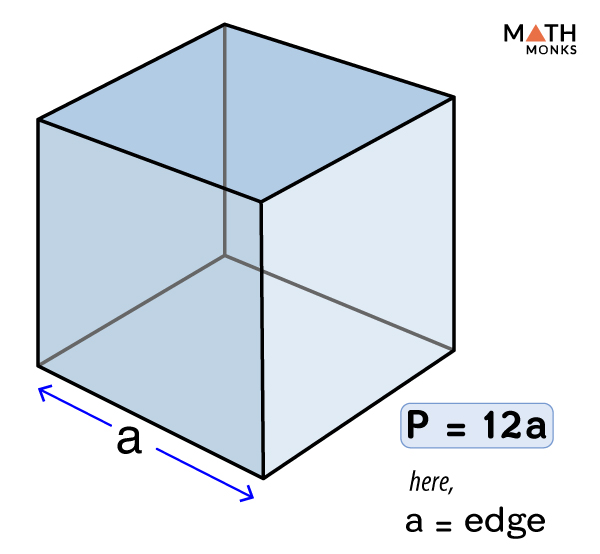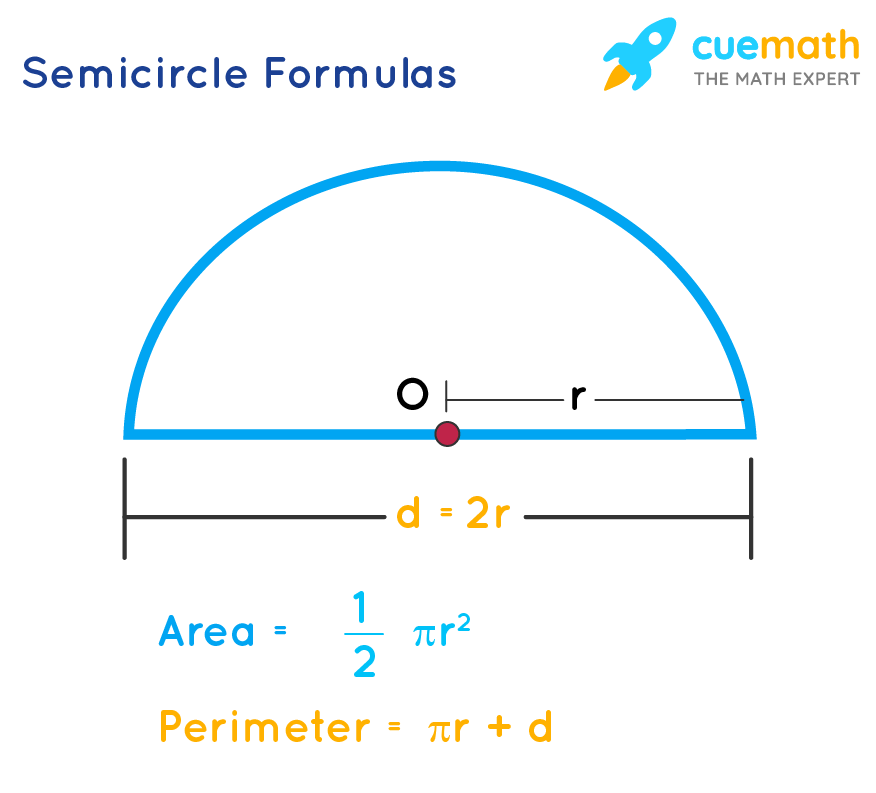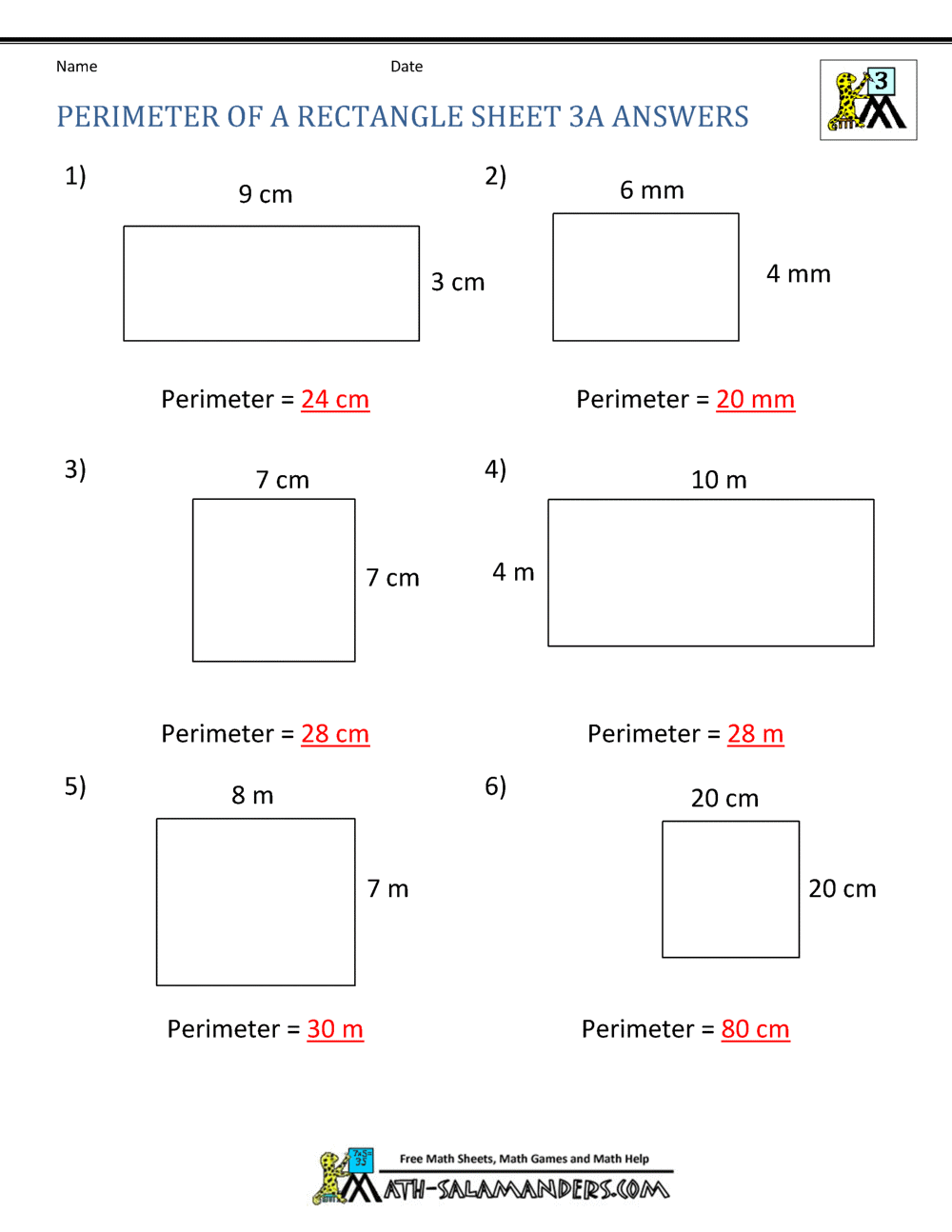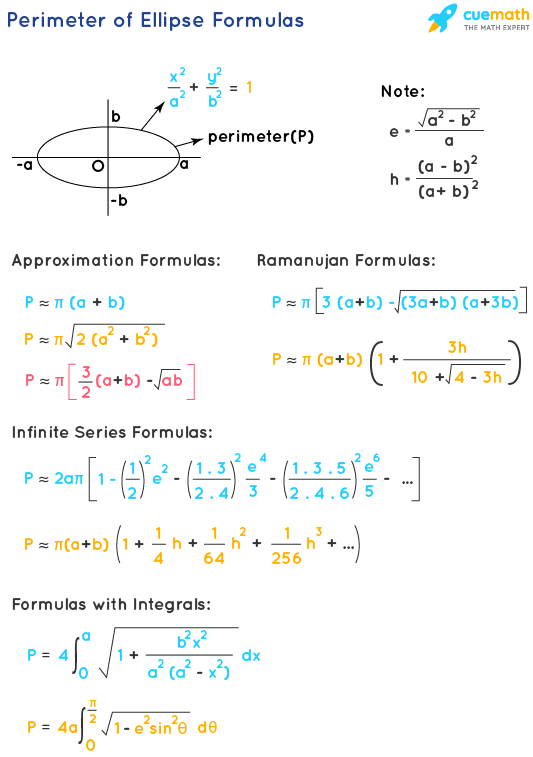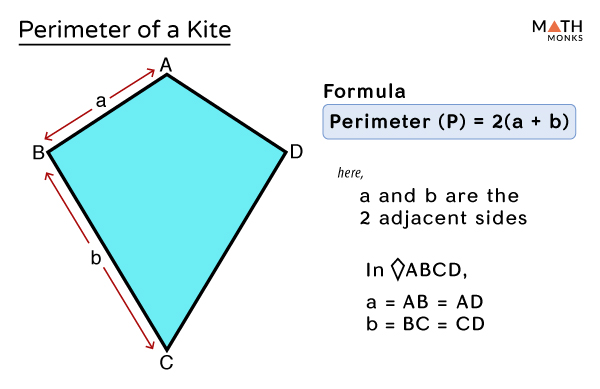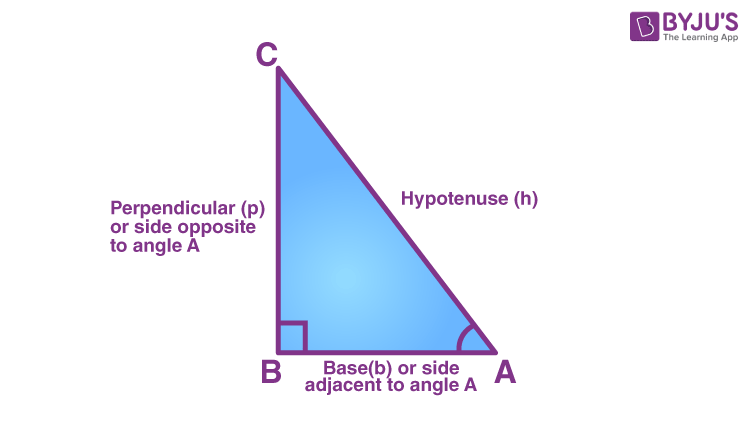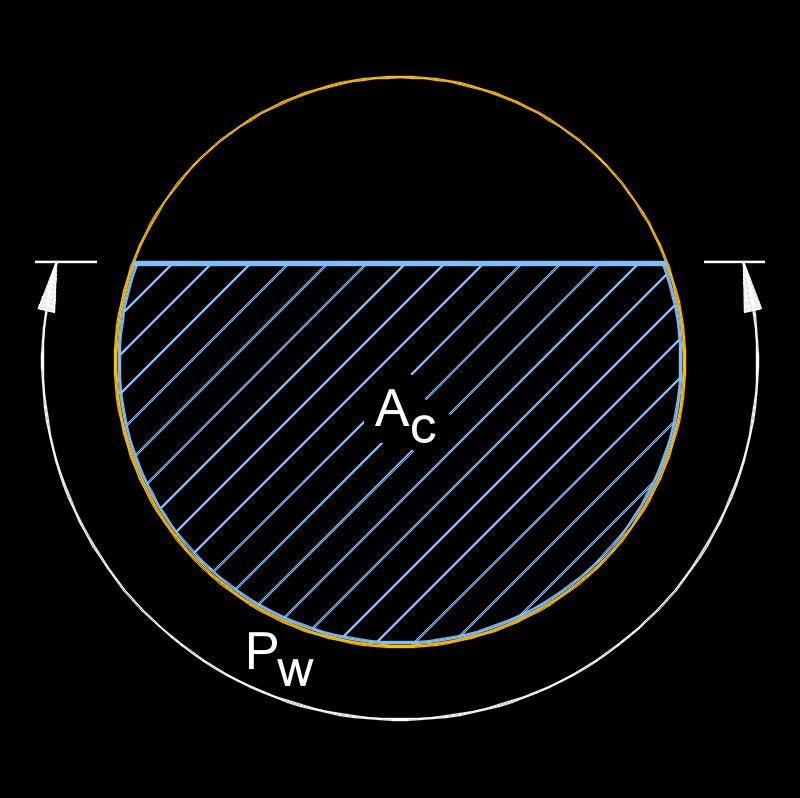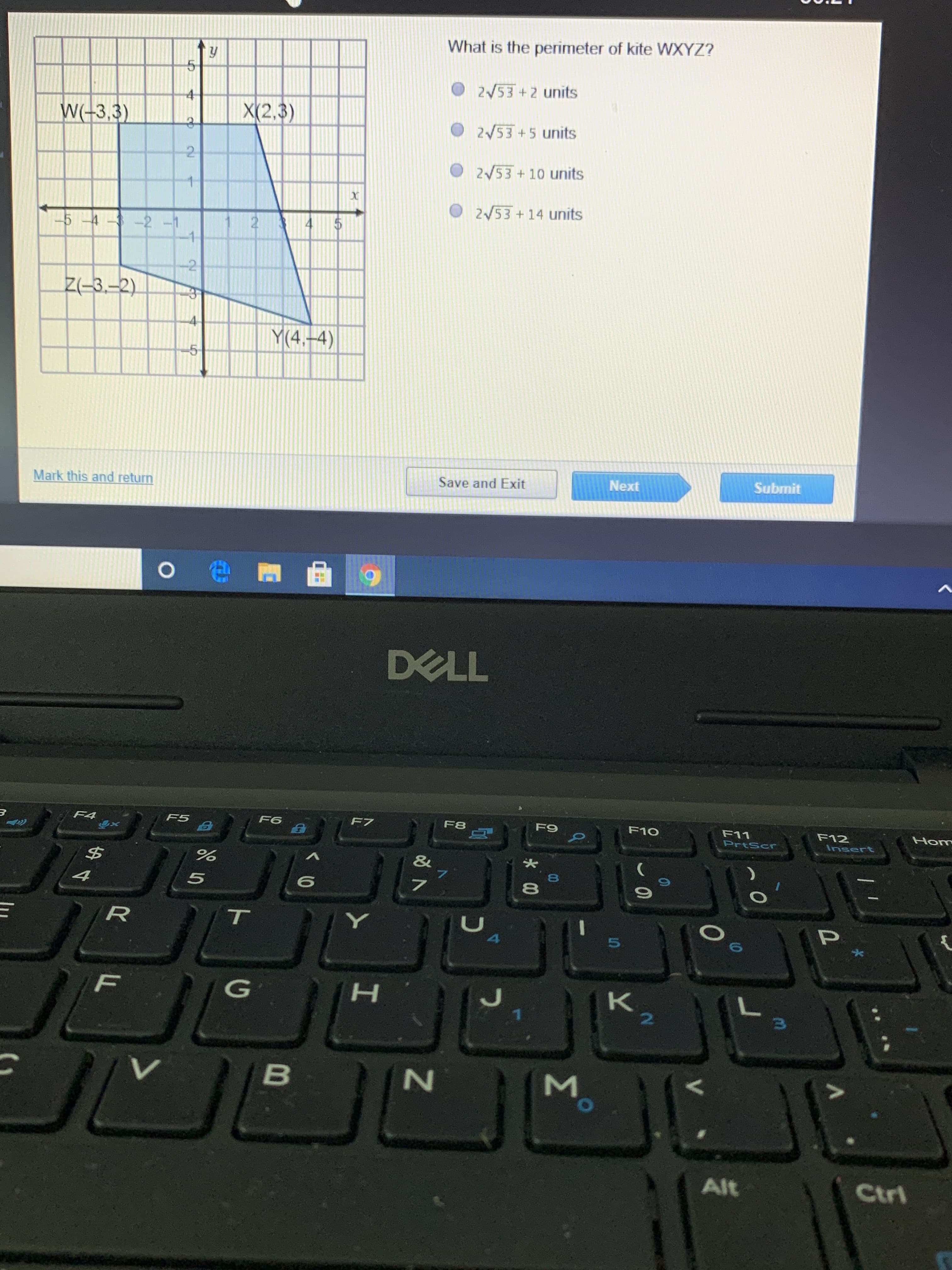Topic how to pronounce perimeter: Learning how to pronounce "perimeter" correctly is essential for clear communication. In this article, we break down the phonetic spelling, IPA representation, and provide audio examples to help you master the pronunciation of "perimeter." With simple tips and practice exercises, you'll confidently pronounce this word like a pro in no time.
Table of Content
- How to Pronounce Perimeter
- Introduction to Pronouncing Perimeter
- Phonetic Breakdown of Perimeter
- IPA Representation of Perimeter
- Audio Pronunciation of Perimeter
- Common Mispronunciations of Perimeter
- Tips for Correct Pronunciation
- Examples in Sentences
- Related Words and Pronunciations
- Frequently Asked Questions (FAQs)
- Conclusion and Practice Exercises
- YOUTUBE:
How to Pronounce Perimeter
The word "perimeter" is pronounced as follows:
- Phonetic Spelling: pə-ˈri-mə-tər
- IPA (International Phonetic Alphabet): /pəˈrɪmɪtər/
Here is a detailed breakdown of the pronunciation:
- First syllable: "pə" sounds like "puh"
- Second syllable: "ˈri" sounds like "ree" with the stress on this syllable
- Third syllable: "mə" sounds like "muh"
- Fourth syllable: "tər" sounds like "ter" (rhymes with "her")
Using MathJax, we can represent the phonetic spelling as:
$$\text{Phonetic Spelling: } \text{pə-ˈri-mə-tər}$$
$$\text{IPA: } /pəˈrɪmɪtər/$$

READ MORE:
Introduction to Pronouncing Perimeter
The word "perimeter" is crucial in various contexts, including mathematics and everyday language. Pronouncing it correctly enhances clarity and communication. Let's break down the pronunciation step by step:
- Start with the first syllable: pə - It sounds like "puh".
- Move to the second syllable: ˈri - It sounds like "ree" and is stressed.
- Then the third syllable: mə - It sounds like "muh".
- Finally, the fourth syllable: tər - It sounds like "ter" and rhymes with "her".
Using the International Phonetic Alphabet (IPA), "perimeter" is written as:
$$/pəˈrɪmɪtər/$$
Phonetically, you can think of it as:
puh-REE-muh-ter
Practicing these steps will help you master the pronunciation of "perimeter" with ease.
Phonetic Breakdown of Perimeter
To pronounce "perimeter" correctly, it's helpful to break it down into its individual phonetic components. Here is a step-by-step guide:
- First syllable: pə
- Sounds like "puh"
- Short and unstressed
- Second syllable: ˈri
- Sounds like "ree"
- This is the stressed syllable, so say it with emphasis
- Third syllable: mə
- Sounds like "muh"
- Short and unstressed
- Fourth syllable: tər
- Sounds like "ter"
- Rhymes with "her"
In the International Phonetic Alphabet (IPA), "perimeter" is transcribed as:
$$/pəˈrɪmɪtər/$$
Phonetically, this can be represented as:
puh-REE-muh-ter
By breaking down the word into these phonetic components, you can practice each part individually and then blend them together for the correct pronunciation of "perimeter".
IPA Representation of Perimeter
The International Phonetic Alphabet (IPA) provides a standardized way to represent the sounds of spoken language. Using the IPA can help you pronounce "perimeter" accurately. Here is the step-by-step breakdown:
- First syllable: pə
- IPA: /pə/
- Sounds like "puh"
- Unstressed and short
- Second syllable: ˈrɪ
- IPA: /ˈrɪ/
- Sounds like "ree"
- This syllable is stressed, indicated by the ˈ symbol
- Third syllable: mɪ
- IPA: /mɪ/
- Sounds like "mih"
- Unstressed and short
- Fourth syllable: tər
- IPA: /tər/
- Sounds like "ter"
- Rhymes with "her"
The full IPA representation of "perimeter" is:
$$/pəˈrɪmɪtər/$$
This notation helps break down the word into its distinct sounds, making it easier to practice and master the pronunciation.
Audio Pronunciation of Perimeter
Listening to the correct pronunciation of "perimeter" can greatly aid in learning how to say it properly. Here are steps and tips to follow along with audio resources:
- Find a reputable source for audio pronunciation, such as a dictionary website or language learning app.
- Listen carefully to the audio clip. Pay attention to the stress and intonation of each syllable.
- Break it down by syllables:
- pə - "puh"
- ˈri - "ree" (stressed)
- mə - "muh"
- tər - "ter"
- Repeat after the audio clip multiple times to match the pronunciation as closely as possible.
- Record yourself saying "perimeter" and compare it to the audio clip. Adjust your pronunciation as needed.
Here's an example of the phonetic breakdown in MathJax:
$$/pəˈrɪmɪtər/$$
Phonetically: puh-REE-muh-ter
Utilizing audio resources and practicing regularly will help you achieve accurate pronunciation of "perimeter".

Common Mispronunciations of Perimeter
Pronouncing "perimeter" correctly can sometimes be challenging. Below are some common mispronunciations along with explanations to help you avoid them:
- Mispronunciation 1: /ˈpɛrɪmɪtər/
Many people stress the first syllable incorrectly, leading to a pronunciation that sounds like "PER-i-mi-ter." The correct stress should be on the second syllable.
- Mispronunciation 2: /ˈpɜːrɪmɪtər/
Some might use the incorrect vowel sound in the first syllable, making it sound like "PUR-i-mi-ter." Ensure the first syllable has the vowel sound /ə/ as in "pə-RIM-i-ter."
- Mispronunciation 3: /pəˈrɪmɪtɚ/
Another common error is incorrect vowel sounds in the middle syllables, resulting in "puh-RIM-ih-tur" instead of the correct /pəˈrɪmɪtər/.
- Mispronunciation 4: /pərɪmɪˈtɛr/
Sometimes, the final syllable is stressed instead of the second syllable, leading to "puh-ri-mi-TER." The stress should be on the second syllable.
By paying attention to the syllable stress and vowel sounds, you can avoid these common mispronunciations and pronounce "perimeter" accurately.
Tips for Correct Pronunciation
Correctly pronouncing "perimeter" involves focusing on the stress and sounds of each syllable. Follow these detailed tips to improve your pronunciation:
- Understand the Phonetic Breakdown
Break down the word into its syllables: pe-ri-me-ter. Notice that the stress is on the second syllable.
- First syllable: /pə/
- Second syllable (stressed): /ˈrɪ/
- Third syllable: /mɪ/
- Fourth syllable: /tər/
- Practice with the IPA Representation
Use the International Phonetic Alphabet (IPA) to guide your pronunciation: /pəˈrɪmɪtər/. Practice saying the word slowly, then gradually increase your speed.
- Listen and Repeat
Find audio recordings of native speakers pronouncing "perimeter" and repeat after them. Pay close attention to the intonation and stress.
- Use a Mirror
Practice in front of a mirror to observe the movements of your mouth and tongue. This can help you adjust your articulation to match the correct pronunciation.
- Record Yourself
Record your pronunciation and compare it with native speakers. This can help you identify areas that need improvement.
- Practice Regularly
Consistency is key. Practice pronouncing "perimeter" regularly until you feel confident with your pronunciation.
- Seek Feedback
Ask friends, teachers, or language partners to listen to your pronunciation and provide constructive feedback.
By following these tips, you can master the correct pronunciation of "perimeter" and improve your overall speaking skills.
Examples in Sentences
Using "perimeter" correctly in sentences can help reinforce your understanding and pronunciation of the word. Here are some examples to guide you:
-
Example 1:
The security guards patrolled the perimeter of the building to ensure no one entered without authorization.
-
Example 2:
To calculate the perimeter of a rectangle, add together the lengths of all four sides.
-
Example 3:
The garden's perimeter was lined with beautiful blooming flowers.
-
Example 4:
During the fire drill, students were instructed to stay within the perimeter of the school grounds.
-
Example 5:
The engineer checked the perimeter of the construction site for any potential safety hazards.
Practicing these sentences can help you become more comfortable with both the pronunciation and usage of the word "perimeter."
Related Words and Pronunciations
Understanding related words and their pronunciations can enhance your vocabulary and help you better grasp the concept of "perimeter." Here are some related terms with their pronunciations:
| Word | Pronunciation (IPA) | Definition |
|---|---|---|
| Diameter | /daɪˈæmɪtər/ | The distance across a circle through its center. |
| Radius | /ˈreɪdiəs/ | The distance from the center of a circle to any point on its edge. |
| Area | /ˈɛriə/ | The extent of a two-dimensional surface within a boundary. |
| Circumference | /sərˈkʌmfərəns/ | The distance around the edge of a circle. |
| Polygon | /ˈpɑːlɪˌɡɑːn/ | A plane figure with at least three straight sides and angles. |
| Geometry | /dʒiˈɑːmɪtri/ | The branch of mathematics involving points, lines, planes, and figures. |
| Quadrilateral | /ˌkwɒdrəˈlætərəl/ | A four-sided polygon. |
By familiarizing yourself with these related terms and their pronunciations, you can expand your mathematical vocabulary and improve your understanding of geometric concepts.

Frequently Asked Questions (FAQs)
Here are some common questions related to pronouncing "perimeter" and their answers:
-
Q: How is "perimeter" pronounced?
A: "Perimeter" is pronounced as /pəˈrɪmɪtər/. The stress is on the second syllable.
-
Q: What are some tips for pronouncing "perimeter" correctly?
A: Break the word into syllables (pe-ri-me-ter), stress the second syllable, practice with IPA representation (/pəˈrɪmɪtər/), listen to native speakers, and record yourself to compare.
-
Q: Why do people often mispronounce "perimeter"?
A: Common mispronunciations occur due to incorrect stress placement or incorrect vowel sounds in the syllables. Paying attention to these aspects can help correct the pronunciation.
-
Q: Can you provide an example sentence using the word "perimeter"?
A: Sure! "The security guards patrolled the perimeter of the building to ensure no one entered without authorization."
-
Q: What are some related words to "perimeter" and their pronunciations?
A: Related words include "diameter" (/daɪˈæmɪtər/), "radius" (/ˈreɪdiəs/), "area" (/ˈɛriə/), "circumference" (/sərˈkʌmfərəns/), "polygon" (/ˈpɑːlɪˌɡɑːn/), and "geometry" (/dʒiˈɑːmɪtri/).
-
Q: How can practicing with IPA help improve my pronunciation?
A: The International Phonetic Alphabet (IPA) provides a consistent way to represent sounds. By practicing with IPA, you can accurately reproduce the sounds needed for correct pronunciation.
Conclusion and Practice Exercises
Mastering the pronunciation of "perimeter" requires understanding the phonetic breakdown, practicing regularly, and utilizing various tools and techniques. Here are some practice exercises to help you improve:
- Phonetic Practice
Break the word into its syllables: pe-ri-me-ter. Practice each syllable individually, then gradually combine them, paying attention to the stress on the second syllable.
- IPA Practice
Use the IPA representation /pəˈrɪmɪtər/ to guide your pronunciation. Say the word slowly while focusing on the correct vowel sounds and stress patterns.
- Listening and Repeating
Find audio examples of native speakers pronouncing "perimeter." Listen carefully and repeat after them, mimicking their intonation and stress.
- Recording Yourself
Record your pronunciation of "perimeter" and compare it with native speakers. Identify any differences and adjust your pronunciation accordingly.
- Using Sentences
Practice using "perimeter" in sentences. Here are a few to get you started:
- "The soldiers marched around the perimeter of the camp."
- "We measured the perimeter of the field to install a new fence."
- "The artist sketched the perimeter of the landscape before filling in the details."
- Interactive Practice
Engage in interactive pronunciation exercises online. Use language learning apps or websites that offer practice with feedback to improve your pronunciation skills.
By consistently practicing these exercises, you can confidently pronounce "perimeter" and enhance your overall pronunciation skills.
Cách Phát Âm Perimeter - Hướng Dẫn Chi Tiết
READ MORE:
Cách phát âm perimeter | Phát âm tiếng Anh Anh và tiếng Anh Mỹ
